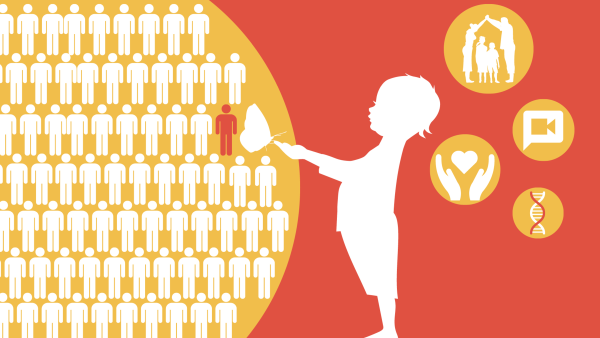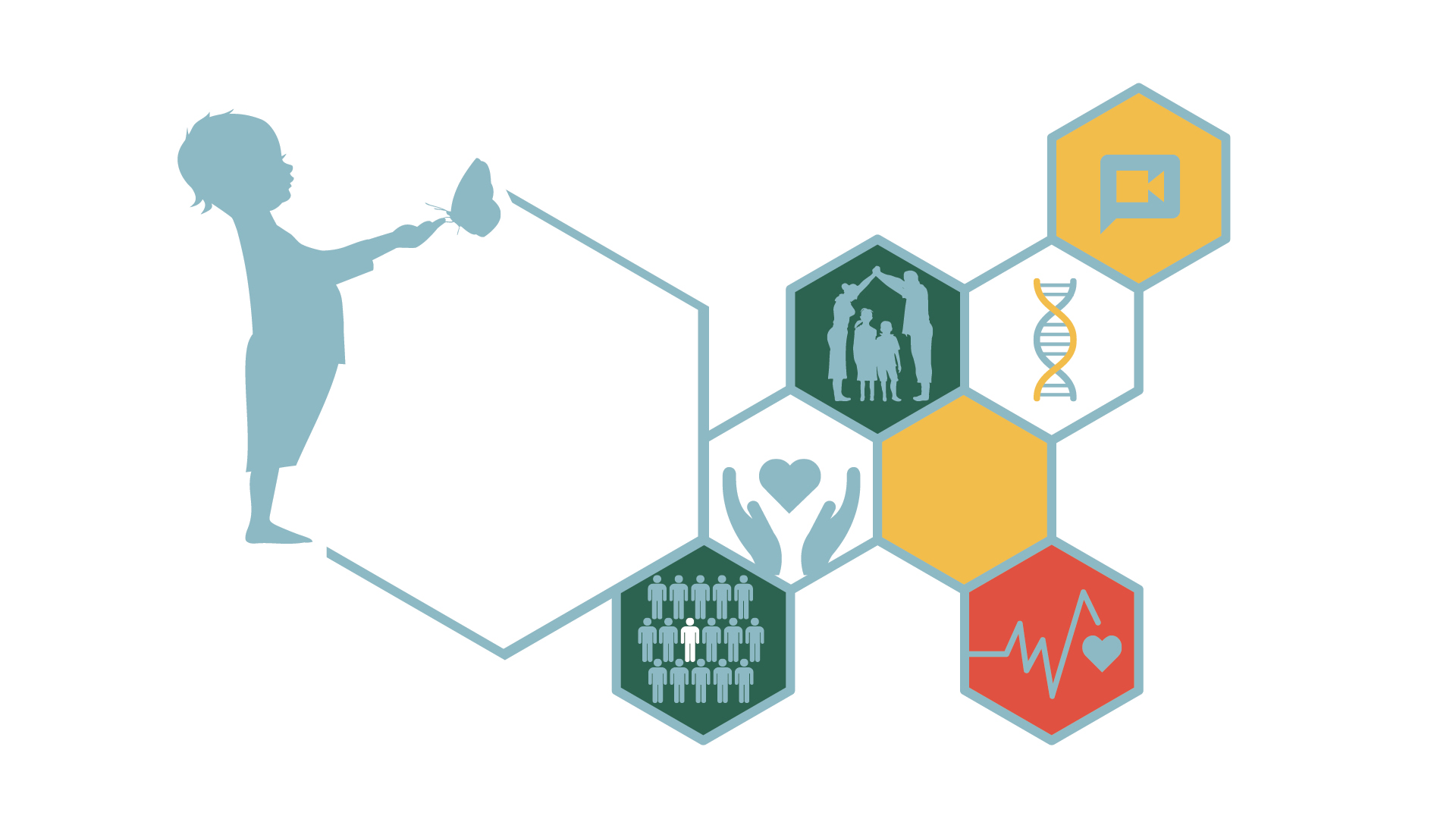
Read more

This free webinar co-organized by Fondation Ipsen and Science Magazine, will bring together scientists internationally recognized for their expertise in Rare Diseases. This webinar will be broadcast on September 29th 2022 (noon ET ; 6pm CET). The webinar is now available on demand and as a podcast.
Or listen to the podcast
There are multiple barriers to rare disease diagnosis, including access to testing technologies, availability of knowledgeable health care providers, and lack of uniformity of the phenotype for a given genotype or disease-causing agent. These barriers significantly lengthen the time between detection of a rare disease and its diagnosis, aptly called the diagnostic odyssey.
The collection and sharing of accurate, standardized data are key priorities in shortening the diagnostic odyssey. Social media platforms, with the correct protections, could also help in this regard. Instead of individual health care professionals learning case-by-case and in isolation, they would have access to a comprehensive database that could be a vital and life-saving tool. Imagine how a rare genetic defect with a specific phenotype found in a patient in Uganda could quickly be linked to the same mutation identified in Sweden, China, or Afghanistan. Instead of being treated in isolation, the shared knowledge on standards of care could be transmitted instantaneously, benefiting the physician, patient, and family. Consider also the potential if a biopharma company with a promising therapy could commit to developing it because of an international database that shared relevant information and patient numbers.
At present there is no international database on rare disease genotypes, no standardized nomenclature for phenotypes, and not even an agreed-upon consent process to acquire, store, and maintain such data. This deficit disadvantages patients and thwarts the development of new therapies. A universal approach is needed to gather, store, and share phenotypic and genotypic data for rare diseases. We require an accepted, trustworthy system that protects patient identities while sharing critical data needed to advance diagnosis and treatment. This webinar will interrogate global experts on how to drive this unmet and urgent need forward.
Eric Sid, M.D., M.H.A. (National Institutes of Health, Bethesda, MD)
Lucia Monaco, Ph.D. (Rare Diseases International, Milan, Italy)
Domenica Taruscio, M.D. (National Centre for Rare Diseases, Rome, Italy)
Peter Robinson, M.D., M.Sc. (The Jackson Laboratory, Farmington, CT)
Sean Sanders, Ph.D. (Science/AAAS, Washington, DC; moderator)